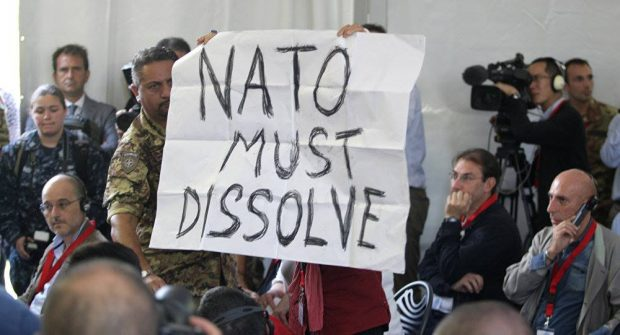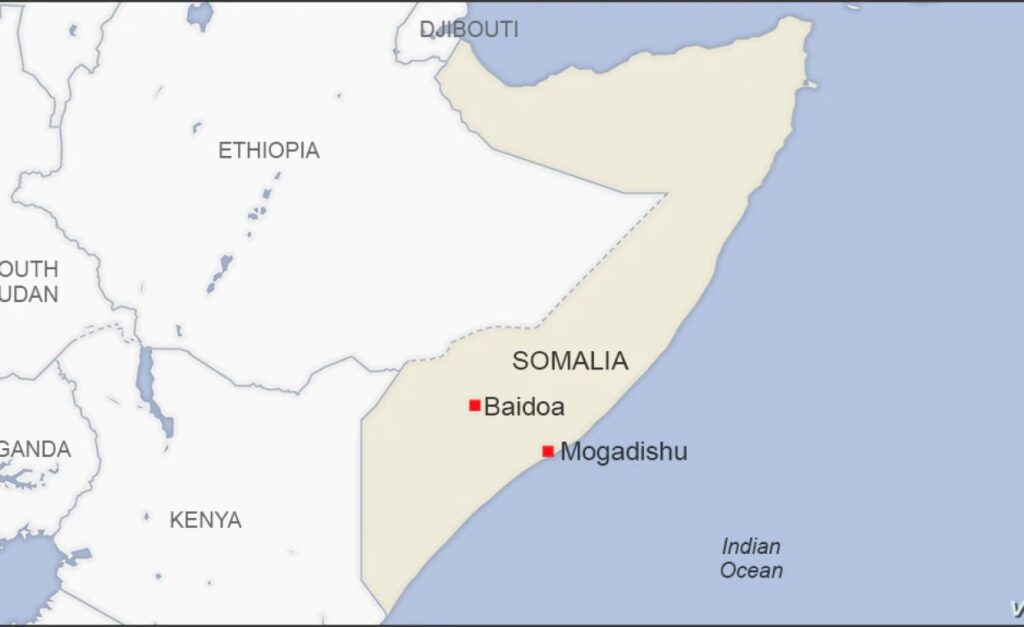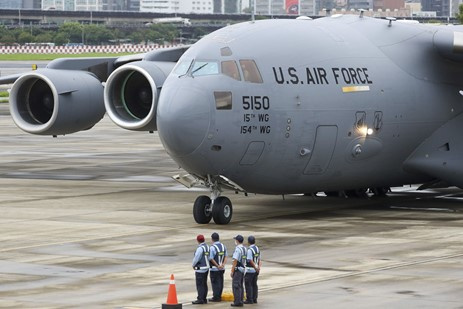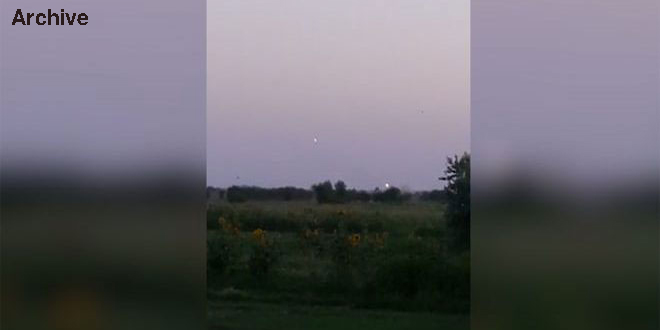Taliban on the Way to Kabul? Not so Fast….
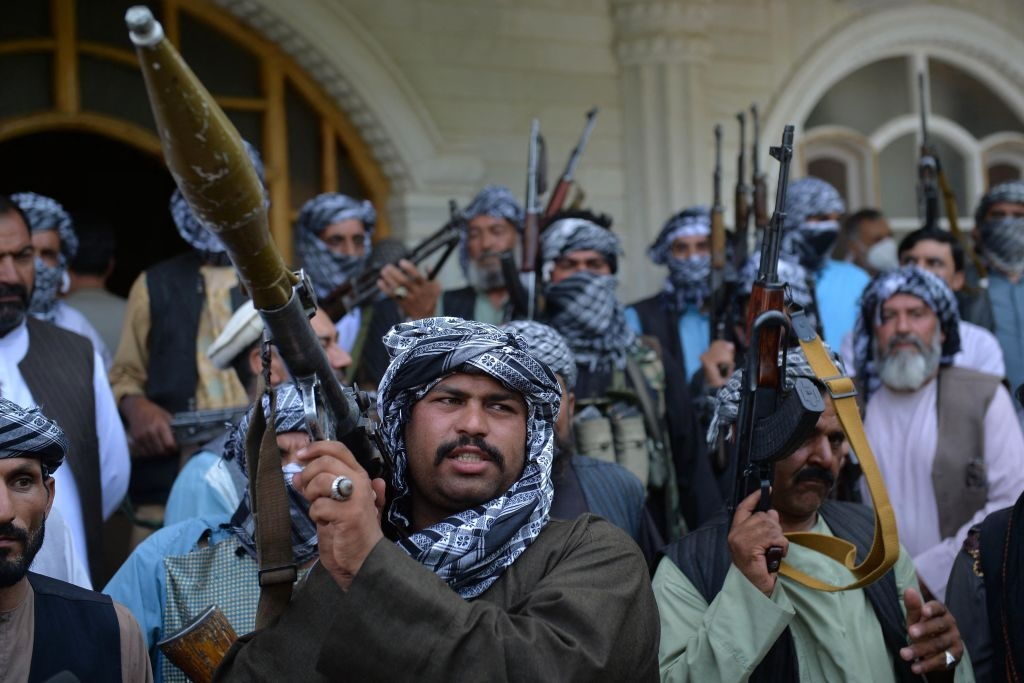
Worse still, US diplomats continued to mumble about a “peace accord” with an outfit that has no notion of peace, while US military commanders publicly warned that withdrawing without a sober step-by-step plan could persuade the Taliban that they could secure all power without a deal that, at best, would give them only a slice of it.
Forgetting years of denial that Iran had any relations with Al-Qaeda and Taliban, the IRGC analyst now says “Iran has succeeded in persuading them to cooperate in securing Iran’s interests.”


